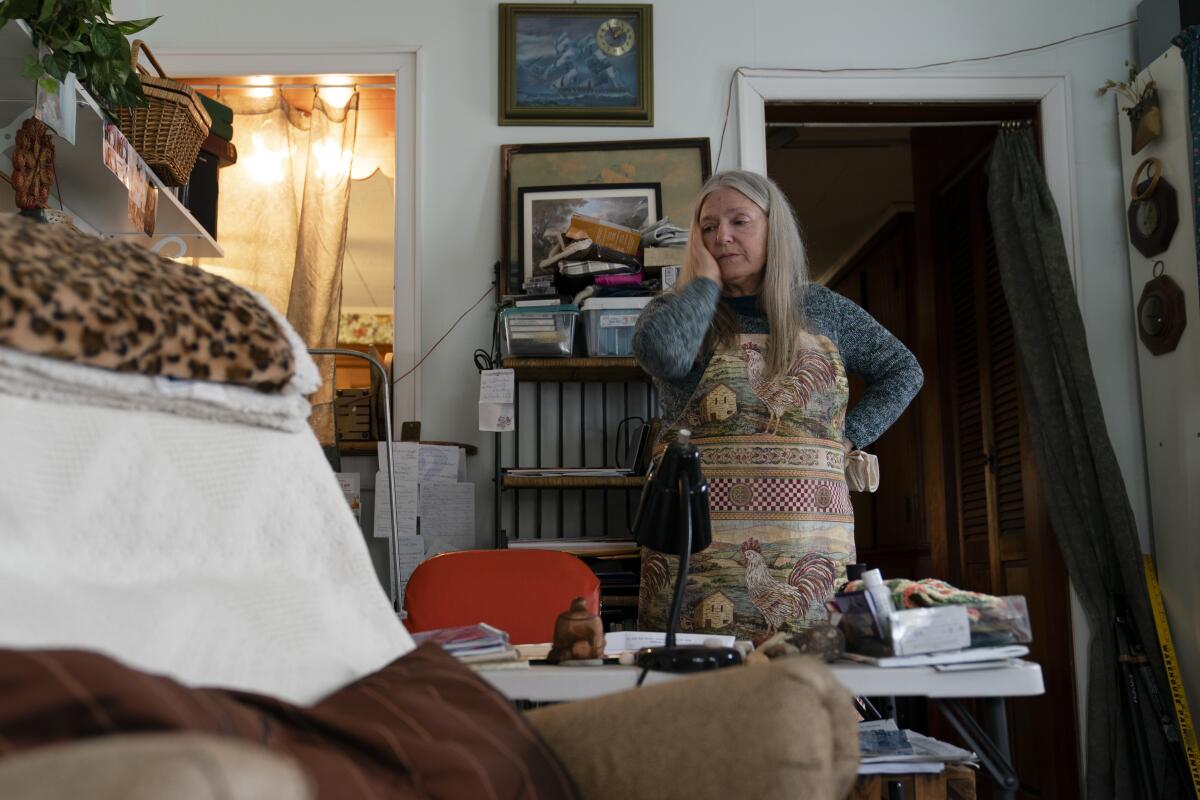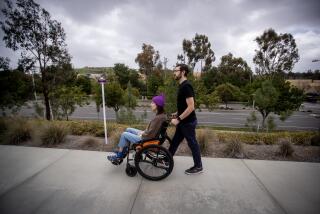New research initiative will focus on root causes of long COVID

A new research initiative will explore whether the persistence of coronavirus in the body plays a role in the development of long COVID, a poorly understood syndrome in which symptoms can last for months or even years following an infection.
The Long COVID Research Initiative will try to determine if SARS-CoV-2 is still present in those with long-haul symptoms and, if so, how it might be contributing to their ailments.
The endurance of the virus in the body is one of several potential root causes of long COVID being investigated by scientists.
Others include the possibility that infection leads to blood-clotting issues that damage the circulatory system; that the coronavirus might destroy key tissues during the acute stage of an infection, leading to longer-lasting illness; and that the virus triggers an overactive immune response that results in harmful inflammation or prompts certain antibodies to attack a patient’s own cells.
But to microbiologist Amy Proal, chief science officer and co-founder of the Long COVID Research Initiative, viral reservoirs lingering in the body months or even years after an infection has cleared is “the most straightforward possibility for why patients still have symptoms and, in that sense, it’s also the possibility that should be first explored.”
Proal noted that the coronavirus is adept at evolving ways to evade the immune system’s defenses. “If the immune system is not recognizing the virus,” she said, it’s hard to think “that it will fully clear.”
The new initiative, which was announced Wednesday night under the auspices of the PolyBio Research Foundation in Medford, Mass., will fund projects from researchers at UC San Francisco, Stanford, Johns Hopkins University, Harvard, Yale and the University of Pennsylvania, among other institutions.
As unprecedented numbers of Omicron subvariants continue to fuel a new coronavirus wave, there is growing alarm about long COVID, in which symptoms or increased risk of illness can persist for months or even years.
A statement announcing the launch said more than $15 million has been committed so far by a scientific investment fund led by Vitalik Buterin, co-founder of the Ethereum blockchain network, and the Chan Soon-Shiong Family Foundation, which is led by Los Angeles Times owner Dr. Patrick Soon-Shiong.
Overall, the goal is to raise $100 million to support the initiative, according to a foundation spokesperson.
Though scientists will work in their existing labs, they will keep one another apprised of their findings and share ideas, Proal said. The fruits of those efforts are likely to be months away, if not longer.
Researchers have learned a lot about the coronavirus over the last 2½ years, but much remains unknown about long COVID.
There’s no easy way to diagnose or treat the syndrome, which can encompass a sweeping array of symptoms such as shortness of breath, chest pain, heart palpitations, diarrhea, fatigue and neurological impairments like “brain fog,” in which it’s difficult to think or concentrate.
“Patients are suffering,” said Dr. Joann Elmore, a professor of medicine, health policy and management at UCLA. “I want to be able to diagnose and treat things, and we don’t have the evidence yet and I find it really frustrating.”
Studies have confirmed that these lingering symptoms are real and take a real toll. The next big step will be to figure out exactly what causes them.
According to data collected by the U.S. Census Bureau and analyzed by the Centers for Disease Control and Prevention, an estimated 1 in 13 adults nationwide were experiencing long-haul symptoms as of early August.
In that study, long COVID was defined as having symptoms lasting three months or longer that weren’t experienced before infection.
Some persistent symptoms, such as a loss of smell, are more particular to COVID-19 and thus easier to link to a previous infection. But other symptoms are harder to pin down.
“What about fatigue?” Elmore said. Is that due to long COVID, “or is that a symptom that many of us may feel after the social isolation of the last two years?”
One thing doctors do know is that the effect of long COVID could be enormous.
“If it affects even 1% of people who had COVID in a population the size of the U.S., that’s a massive amount of people,” Elmore said. “It’s devastating.”
More to Read
Sign up for Essential California
The most important California stories and recommendations in your inbox every morning.
You may occasionally receive promotional content from the Los Angeles Times.













